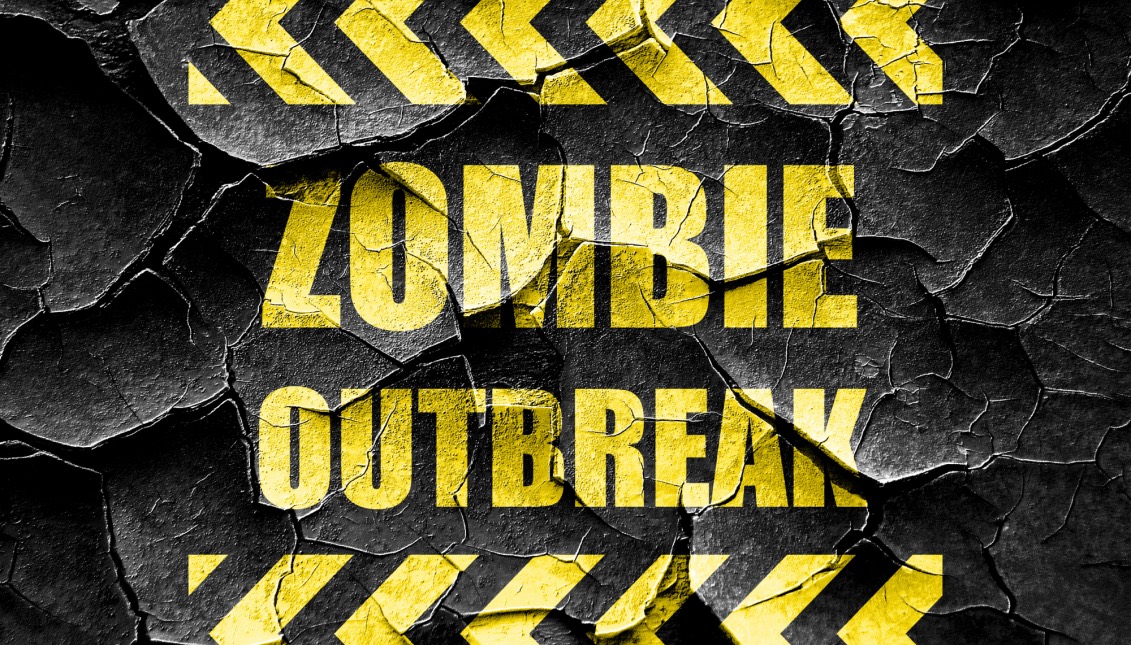
A deliciously revolting takedown of our Internet-obsessed way of life
MORE IN THIS SECTION
Perhaps the popularity of zombies has arisen because many people are so sickened by the way we live today that they have become infatuated with the idea of its end.
“How long has it been since any of us really NEEDED something that we WANTED?” ask the back covers of Robert Kirkman’s “The Walking Dead” graphic novels. “The world of commerce and frivolous necessity has been replaced by a world of survival and responsibility. ... In a world ruled by the dead, we are forced to finally start living.”
If you haven’t been sufficiently disgusted by our vain, celebrity and purchase-driven society to actively wish that it would all just stop, then I suggest you read Jarett Kobek’s deliciously revolting new novel, “I Hate the Internet: A Useful Novel Against Men, Money, and the Filth of Instagram.”
Set in San Francisco, it tells the stories of several people whose lives have been brutally upended by (1) the vapid, sexist bullying culture of social media; (2) venture capitalist prioritization of short-term profits over human labor; or (3) the gentrification that comes from a tech start-up culture in which “the necessity of being a unique individual who cared about living in the city while working for a faceless multibillion dollar corporation was one of the legacies of the Bay Area’s intolerable bull----.”
This is the kind of book that begins with a “ trigger warning” page, alerting readers that the novel’s themes include, but are definitely not limited to: “unrestrained mockery of the rich,” “faddish popular culture,” “elaborately named hippies practicing animal cruelty on goats,” and “seeing the Facebook profile of someone you knew when you were young and believed that everyone would lead rewarding lives.”
Despite its clever name, “I Hate the Internet” really isn’t as much about the globally interconnected system of computers that enable quick communication. It’s mostly a polemic against the addiction-inducing social media platforms that have made the Internet a 24/7 outrage machine and journalism “morally bankrupt and bereft of ideas. As a result, the number of a person’s followers on Twitter was treated as a metric of influence.”
The problem, according to Kobek’s semi-autobiographical omnipresent narrator, the writer J. Karacehennem, “whose last name was Turkish for Black Hell,” is that the technology that undergirds Silicon Valley’s culture “was the product of its creators’ spoken and unspoken ideologies. [Therefore] the Internet was not a neutral environment dedicated to freedom of speech. It was something else, the result of paranoid Cold War thinking mixed with hazy San Francisco Bay Area notions like the idea that enlightenment could be achieved through sustainable polar fleece and organically grown fruits.”
As a result, social media and participatory journalism sites became “a place where complex systems gave the mentally ill the same platforms of expression as sane members of society, with no regard to the damage they caused to themselves or others.” And this had the effect of making Instagram, Facebook, Twitter, Reddit, Gawker, BuzzFeed and so many other sites where people have so-called conversations an environment that “preyed on the gullible, asking them to create content based on inflamed emotion for the sake of serving advertisements.”
If you know anything at all about how Internet properties sustain themselves, or even turn a profit, you cannot argue with this analysis.
But more importantly, even aside from the novel’s biting tone and enchanting indignation, Kobek is really inviting us to ask ourselves why we continue to choose stuffing the coffers of these multibillion-dollar media companies by sharing our personal information, our “user-generated” content and the intricate details of our lives.
Is it some sort of mass narcissism, physical disconnection from real loved ones or true Fear Of Missing Out (FOMO, a full-fledged thing that is surely destined for the next iteration of the American Psychiatric Association’s official manual of mental disorders)?
What is it, really, that enchants large swaths of the population into believing that life is just not well-lived if it isn’t “shared” with people who are, most likely, complete strangers?
Why aren’t more people walking away from electronic interactions that increasingly leave them feeling inferior, humiliated, angry or simply empty?
Maybe they will, if books like “I Hate The Internet” can come into print and be purchased by people who like tactile, distraction-free paper books.
And those readers come away from Kobek’s tirade having been edified, entertained and challenged to think twice about who makes money when you post pictures for your “friends” and “followers.”
Esther Cepeda’s email address is estherjcepeda@washpost.com. Follow her on Twitter, @estherjcepeda.






LEAVE A COMMENT:
Join the discussion! Leave a comment.